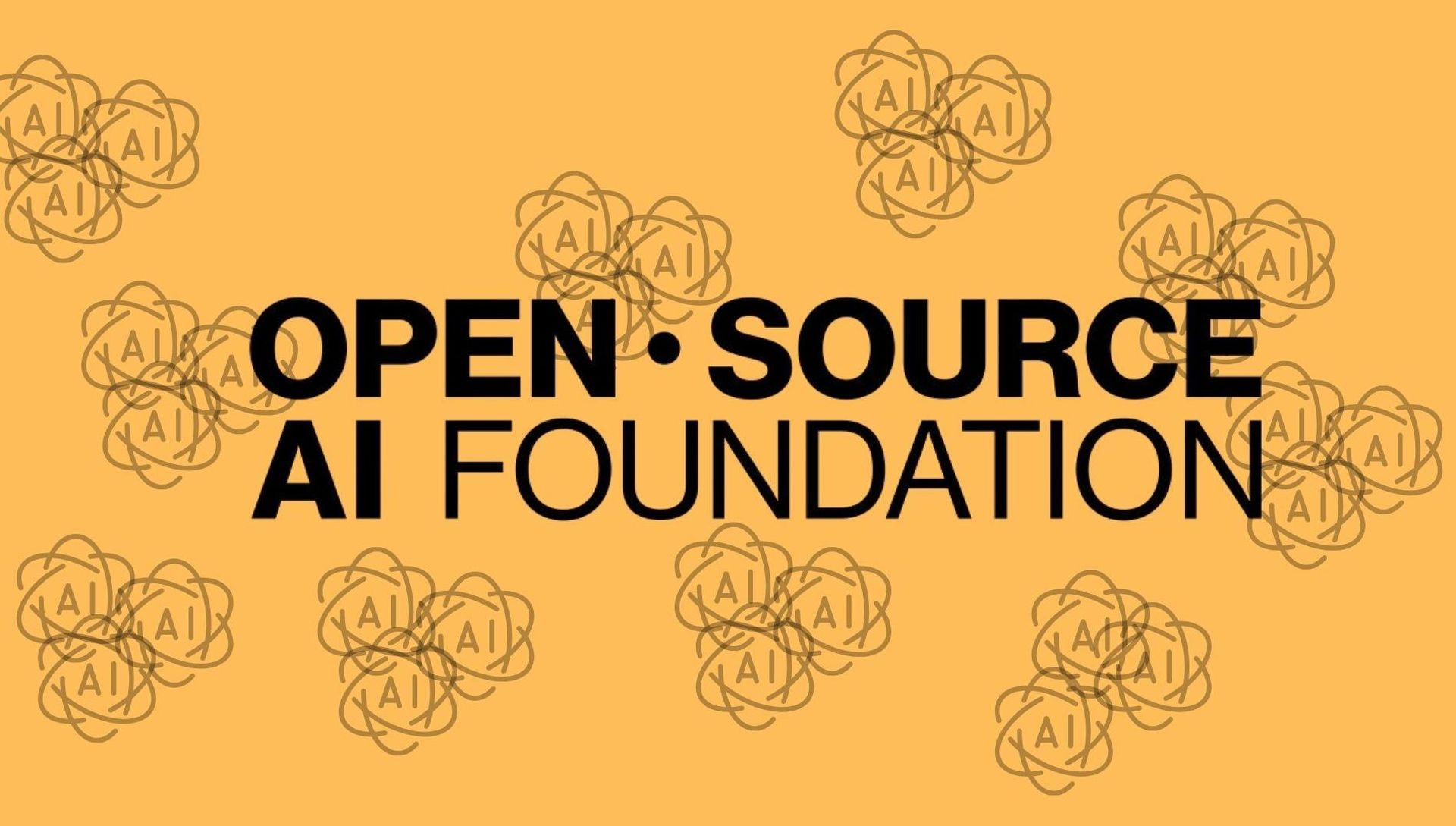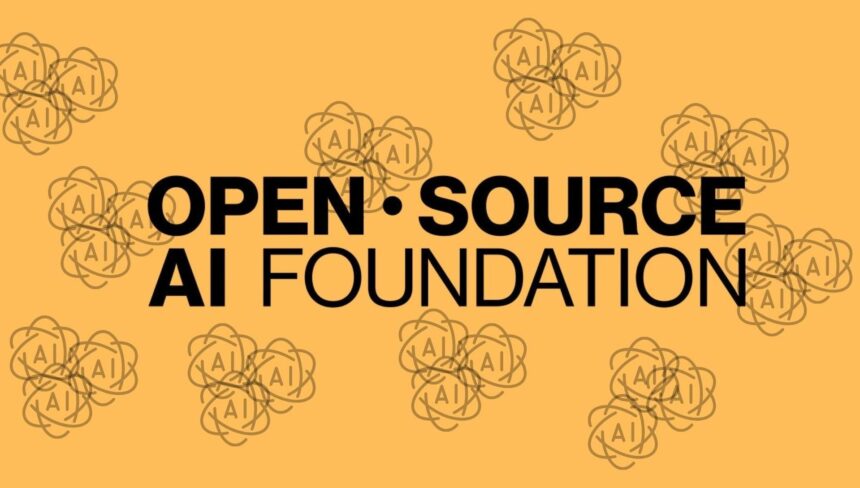
A new organization, the Open-Source AI Foundation (O-SAIF), has launched with a mission to end closed-source artificial intelligence contracts in civilian government agencies. The foundation argues that open-source AI promotes transparency, security, and responsible spending of taxpayer dollars, making it a necessary standard for government technology.
A $10 million campaign for Open AI governance
To advance its cause, O-SAIF is rolling out a $10 million campaign aimed at educating lawmakers, policymakers, and the public on the benefits of open-source AI in government. The initiative will advocate for legislation mandating that AI systems used by civilian agencies be publicly auditable.
Joe Merrill, CEO of OpenTeams, issued a direct call for action: “All closed-source AI contracts with civilian agencies should be terminated immediately. Government AI should be built openly, with transparency and auditability at its core.” Merrill emphasized that open systems allow public scrutiny of models and training data, preventing hidden biases and vulnerabilities.
PositiveGrid introduces SparkAI for real-time tone modeling
Several AI and policy leaders supporting O-SAIF have raised concerns about the risks of proprietary AI in government operations.
Shaw Walters, CEO of Eliza Labs, pointed out that large language models already rely on open frameworks and public datasets, making closed systems for public service unnecessary. “We should make sure that the technology that underpins our society is treated like a public good,” Walters stated.
Travis Oliphant, a veteran AI developer and CEO of Quansight, underscored the security advantages of open-source AI. “Open-source AI allows the public to audit and verify algorithms, enhancing trust in government technology. It is also more secure because any attacks or exploits can be identified and remediated.”
Hon. Tyler Lindholm, O-SAIF Director and former Wyoming state legislator, took aim at the financial and ethical implications of proprietary AI contracts in civilian government. “Awarding a closed-source vendor a contract to develop proprietary AI is a serious misuse of public resources,” he said. “These systems lack transparency and accountability, waste taxpayer funds, and create dangerous long-term dependencies for government agencies.”
Brittany Kaiser, Chairwoman of O-SAIF and a long-time data rights advocate, highlighted the urgency of the foundation’s mission. “AI will soon surpass human coding capabilities. Giving closed AI systems access to government infrastructure without transparency in data usage is a serious mistake,” she warned.
O-SAIF is calling on government agencies to adopt mandatory open-source AI policies, ensuring that federal, state, and local AI systems are fully auditable by the public. The foundation is backed by prominent AI researchers, policy experts, and tech entrepreneurs, all advocating for greater oversight in AI governance.






